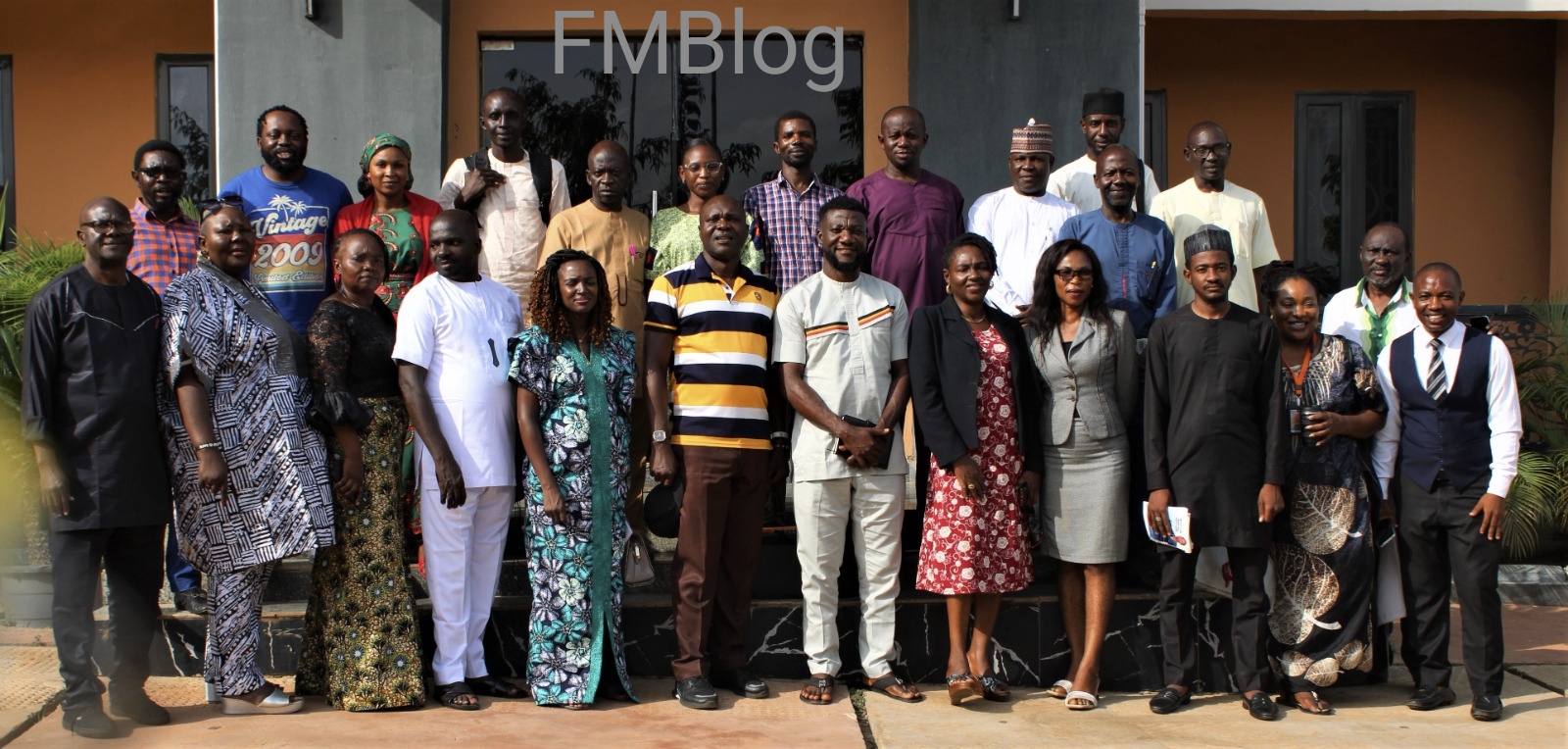CSOs demand more funding for tuberculosis control in Nigeria
The Cluster of Civil Society Organisations under the Tuberculosis Northern Nexus have advocated for an increased and sustained domestic funding toward ending the menace in the region.
Executive Directors, Langa Women Development Initiative, Grace Maikudi Bauchi, Kaneng Rwang-Pam Foundation for Education and Migration Awareness, Kaneng Rwang-Pam, Plateau and Programme Officer, Community Awareness Development Initiative, Umar Sani Audi, Katsina States made the call at a TB media roundtable meeting organissed by the cluster with the support of USAID- Palladium SCALE in Keffi local government area of Nasarawa State at the weekend.
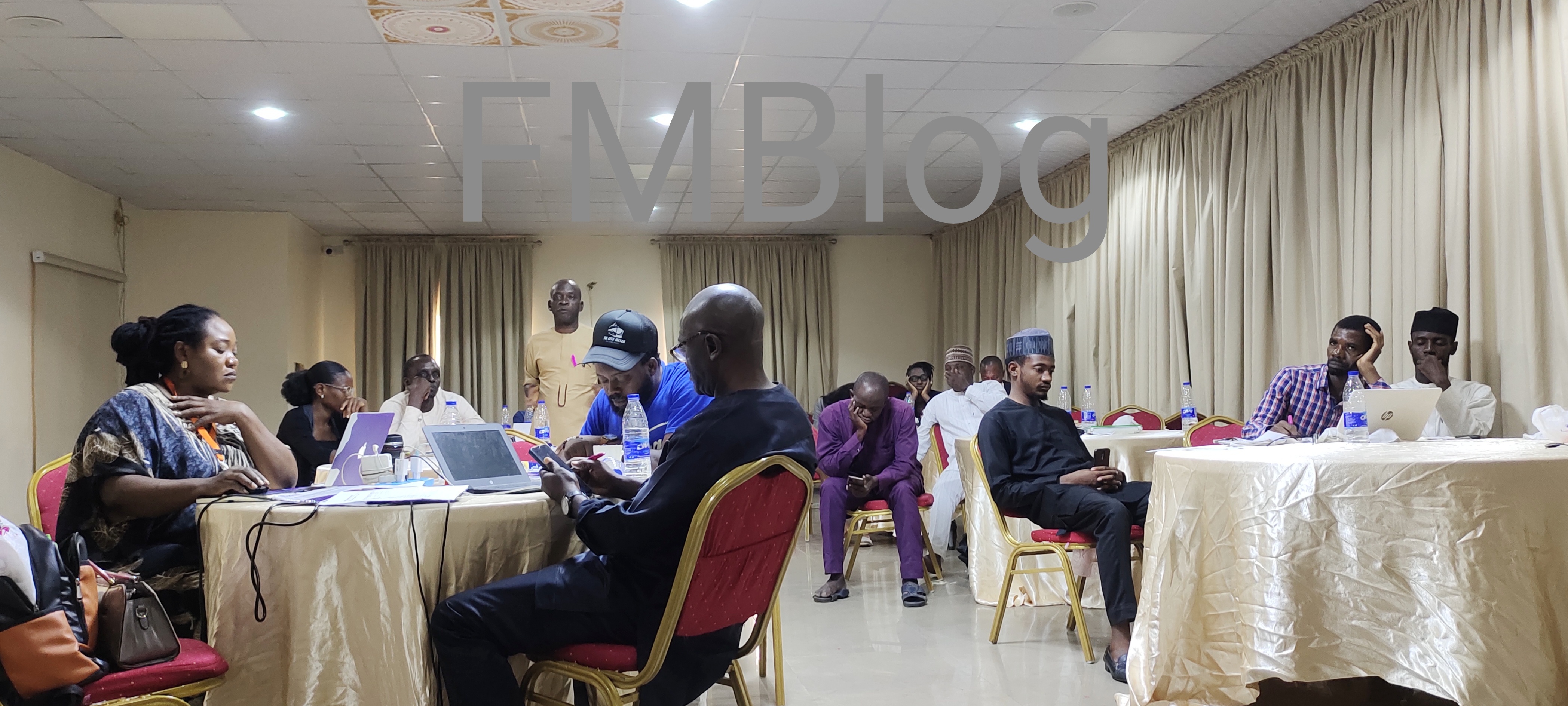
The media roundtable drew participants from the six cluster States of Katsina, Kano, Bauchi, Benue, Nasarawa and Plateau.
Also speaking the Director, Langa Women Development Initiative, Grace Maikudi noted that TB remains a major global health challenge, causing significant morbidity and mortality worldwide hence there is need for an urgent domestic funding to curb the disease.
According to her, despite advances in diagnostics and treatment, TB continues to be a leading cause of death from infectious diseases.
“Effective TB control requires sustained financial investment, and while international funding plays a crucial role, domestic funding is equally essential for comprehensive and long-term TB control strategies,” she said.
Maikudi urged government at all levels and the private sector to prioritise TB control in national budgets, considering the high burden and long-term economic benefits of effective TB management noting that international funding alone is insufficient to address the scale of TB challenges, particularly where TB burden is highest.
Maikudi explained that increased domestic funding will ensure continuity, sustainability and stability of TB control programs.
“Domestic resources allow for tailored interventions that address local TB epidemiology, healthcare infrastructure, and socio-economic conditions, which international funding may not fully account for”, Mrs. Grace Maikudi opined.
The Director, KRP -FEMA Kaneng Rwang-Pan who highlighted the implications of lack of domestic funding for tuberculosis control to include rise in disease burdens, record higher mortality rates, lose international partners support, record lower IGR and lower GDP.
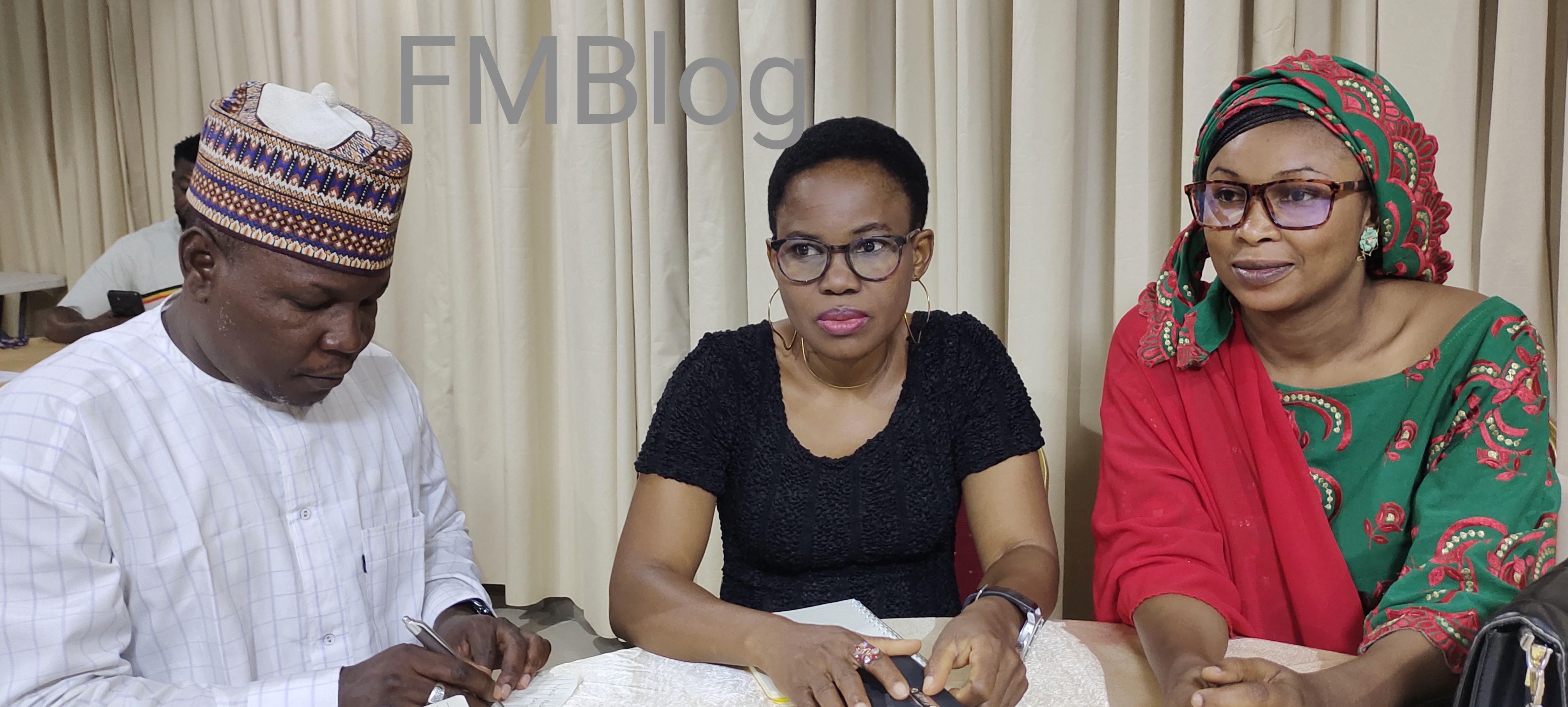
Rwang-Pan however explained that relying on international funding alone is not sustainable in the long term.
“Domestic funding ensures that TB programs are continuously supported even when international aid fluctuates. When local governments and communities invest their own resources, there is a greater sense of ownership and accountability. This leads to more effective implementation and oversight of TB programmes.
She then added that investing domestically in TB control strengthens overall health systems.
“Domestic funding is indispensable for building a resilient, responsive, and sustainable approach to TB control in Northern Nigeria. It ensures that we have the necessary resources to provide timely diagnosis, treatment, and prevention services, ultimately leading to the eradication of TB in our communities”, Rwang-Pan said.
On his part, CADI programme officer, Katsina, Umar Sani Audi challenged TB stakeholders to invest in healthcare infrastructure and workforce to improve TB diagnosis, treatment, and prevention capabilities.
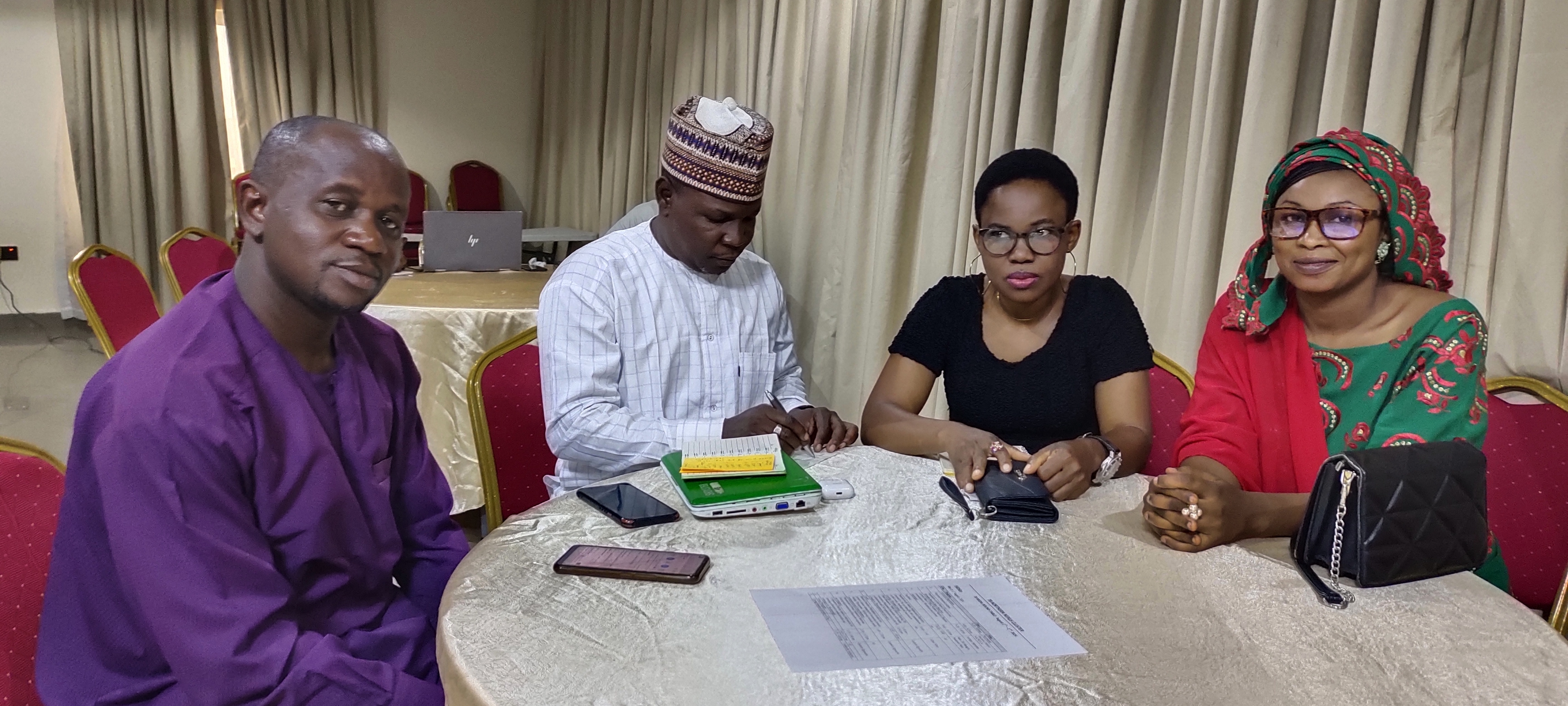
Audi advocated for the development and implementation of strong health policies and governance structures to ensure effective use of domestic resources.
“This funding is critical for developing and implementing TB control programmes, including prevention, diagnosis, treatment, and healthcare infrastructure and awareness campaigns,” he added.
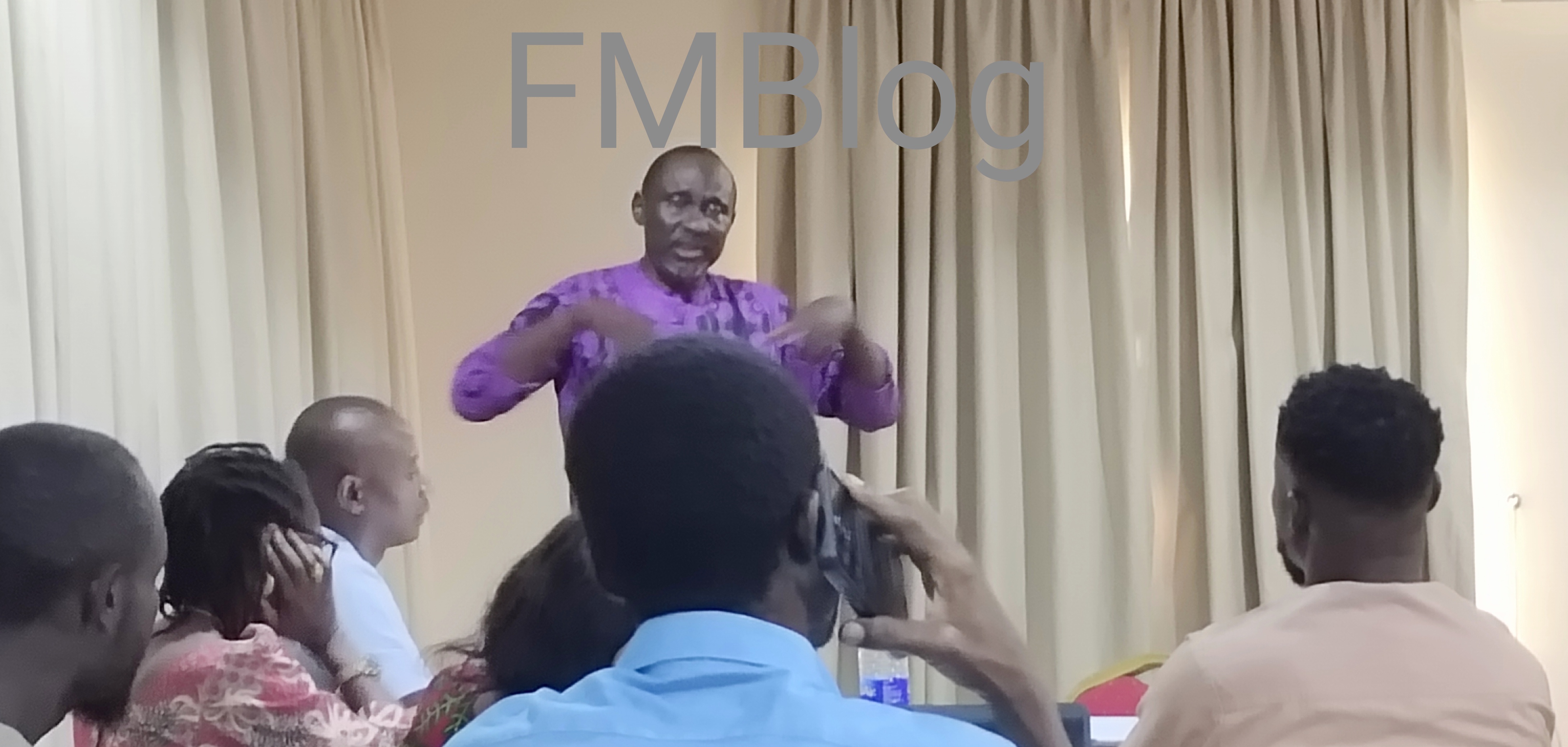
Earlier in his welcome address, Director, NACWICA, Dr. Nawani Aboki said there is need for all and sundry to join hands in the fight against tuberculosis in northern Nigeria and Nigeria at large and called for awareness campaigns in championing the cause.

